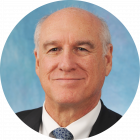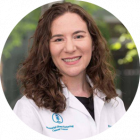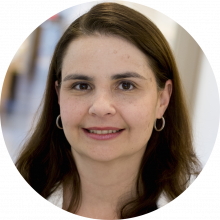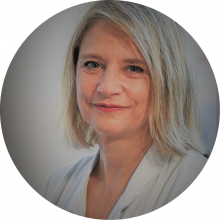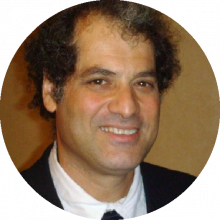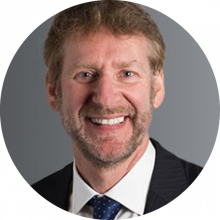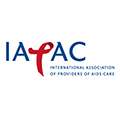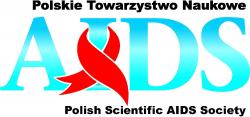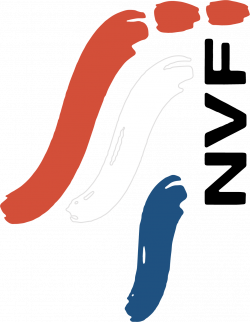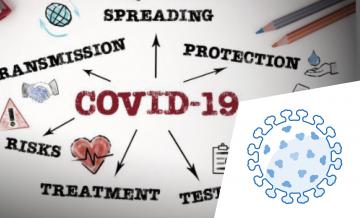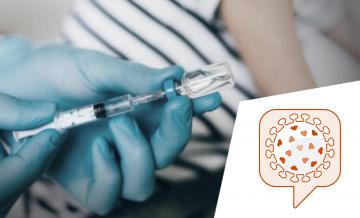Day 1 - Monday, 29 November 2021
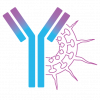
International Workshop on Monoclonal Antibodies for HIV, COVID-19, and Oncology 2021
Related Enduring Materials
Program
Final Program
Day 2 - Tuesday, 30 November 2021
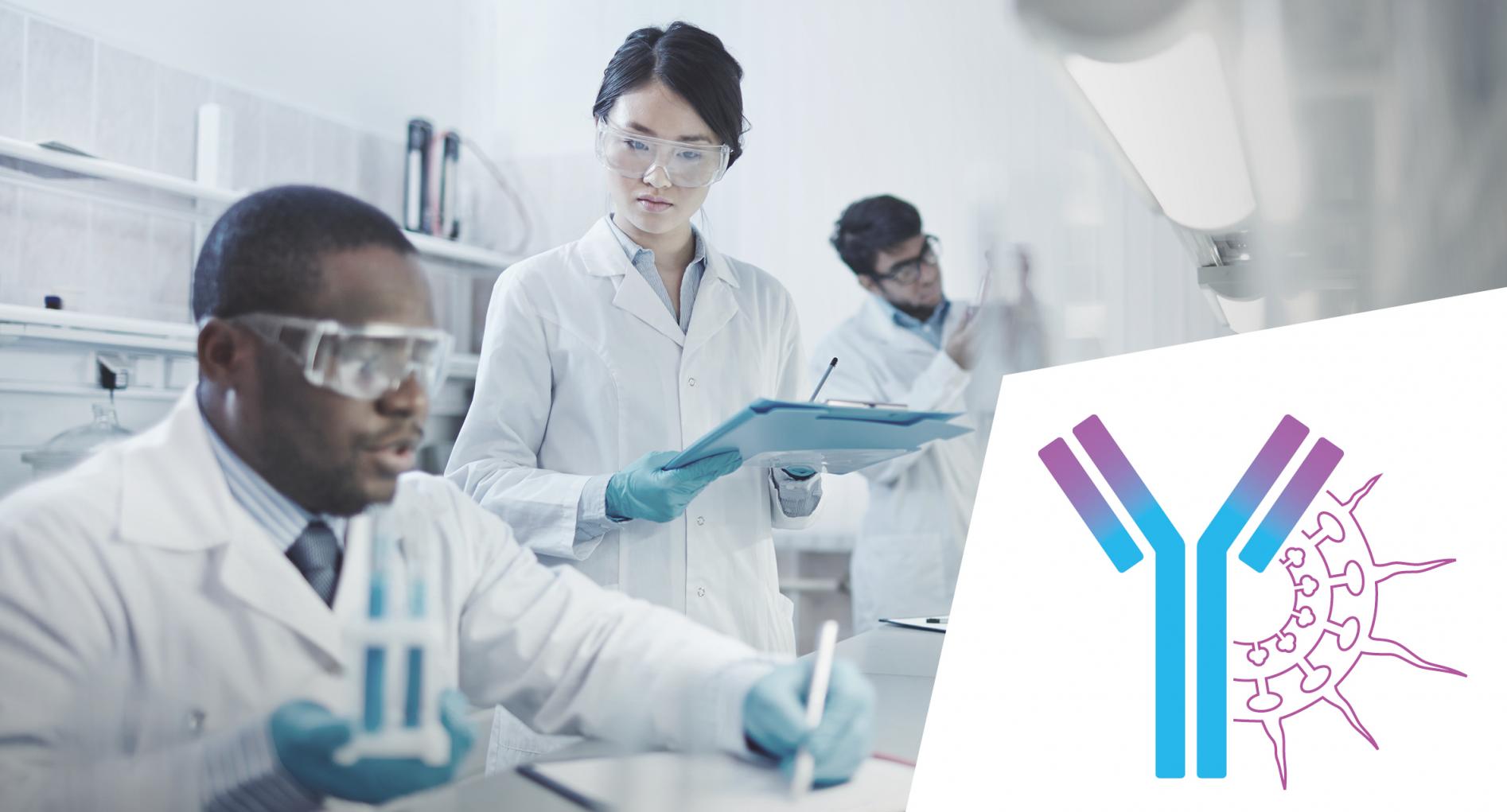
Welcome
Monoclonal antibodies are a proven concept in the treatment of cancer and immune disorders, and their promise for both prevention and treatment of infectious diseases is being realized, too. Harnessing this technology has remarkably advanced therapeutic development for COVID-19, underscoring its utility and versatility to rapidly respond to emerging threats to global health or rethink the approach for conditions that are currently challenging to treat.
Yet, upscaling the manufacturing process and the considerable price remain a challenge. Those advances come hand-in-hand with educational needs to comprehend technology, pharmacological properties, and recent clinical data.
In contrast to existing programs that bring together experts within a specific field, the International Workshop Monoclonal Antibodies for HIV, COVID-19, and Oncology aimed to provide a platform for cross-talk of experts from different disciplines that will catalyze knowledge transfer and ultimately move the field forward.
Program Directors
General Information
We are available to answer any questions or concerns that you may have about your participation at the International Workshop Monoclonal Antibodies for HIV, COVID-19, and Oncology 2021. For more information, please contact magdalena@amededu.com.
To stay updated on developments about this meeting, make sure that you are signed up for our newsletter.
- Clinical virologists
- Oncologists
- Rheumatologists
- Researchers
- Pharmacologists and nurses involved in infectious diseases, oncology, and autoimmune disorders
- Healthcare administrators, policymakers, and (non)government representatives
- Describe target discovery and the preclinical development of monoclonal antibodies in oncology, rheumatology, and infectious diseases
- Comprehend the latest clinical data on monoclonal antibodies in oncology, rheumatology, and infectious diseases (HIV, COVID-19)
- Increase understanding of the use of modeling in determining the dosing in different populations (e.g. pediatrics)
- Reflect on how this technology evolves, with a focus on antibody modifications and delivery methods
Practical Information
We trust that the following information (in alphabetical order) will assist you in organizing your participation in the International Workshop Monoclonal Antibodies for HIV, COVID-19 and Oncology 2021.
Program Directors
The members of the Organizing Committee are carefully selected experts and inspirational leaders in their respective fields. They meet frequently to discuss the scientific program of the meeting, and identify interesting topics and speakers.
Support Our Initiative
Financial backing helps us deliver an impactful meeting experience to the benefit of healthcare professionals and researchers interested in the use of monoclonal antibodies in HIV, COVID-19, and oncology.
This collaboration plays a vital role in both the organizational as well as scientific success of the program.
To show your commitment to the cause, get in touch with us for a tailored
support package by contacting Ms. Magdalena Pawlowska at magdalena@amededu.com or call +31 30 230 7147.
Benefits of Support
By supporting this program, we can offer the following advantages for your company. *Please contact us for the most recent support level benefits for this program.
- Symposium opportunities
- Non-commercial interviews with company representatives
- Verbal acknowledgement during the program
- Discounted and complimentary registrations for your representatives
- Company acknowledgement on digital meeting materials including but not limited to newsletters, flyers, the streaming platform, and our website
- Company acknowledgement on printed meeting materials including but not limited to banners and the program book
- Digital and printed advertising opportunities
- Social media shout-outs
- Logo on the conference bag
*Subject to the support level.
The International Workshop Monoclonal Antibodies for HIV, COVID-19, and Oncology 2021 is endorsed by the following societies and organizations. Their support and collaboration are key to the success of this program!
If you would like your organization to endorse this meeting, please contact Ms. Magdalena Pawlowska at magdalena@amededu.com.
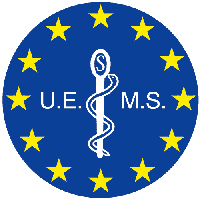
Accreditation Statement
“The International Workshop on Monoclonal Antibodies for HIV, COVID-19, and Oncology 2021, Utrecht, Netherlands, 29/11/2021-30/11/2021 has been accredited by the European Accreditation Council for Continuing Medical Education (EACCME®) with 6 European CME credits (ECMEC®s). Each medical specialist should claim only those hours of credit that he/she actually spent in the educational activity.”
“Through an agreement between the Union Européenne des Médecins Spécialistes and the American Medical Association, physicians may convert EACCME® credits to an equivalent number of AMA PRA Category 1 CreditsTM. Information on the process to convert EACCME® credit to AMA credit can be found at www.ama-assn.org/education/earn-credit-participation-international-activities.
“Live educational activities, occurring outside of Canada, recognised by the UEMS-EACCME® for ECMEC®s are deemed to be Accredited Group Learning Activities (Section 1) as defined by the Maintenance of Certification Program of the Royal College of Physicians and Surgeons of Canada.”









